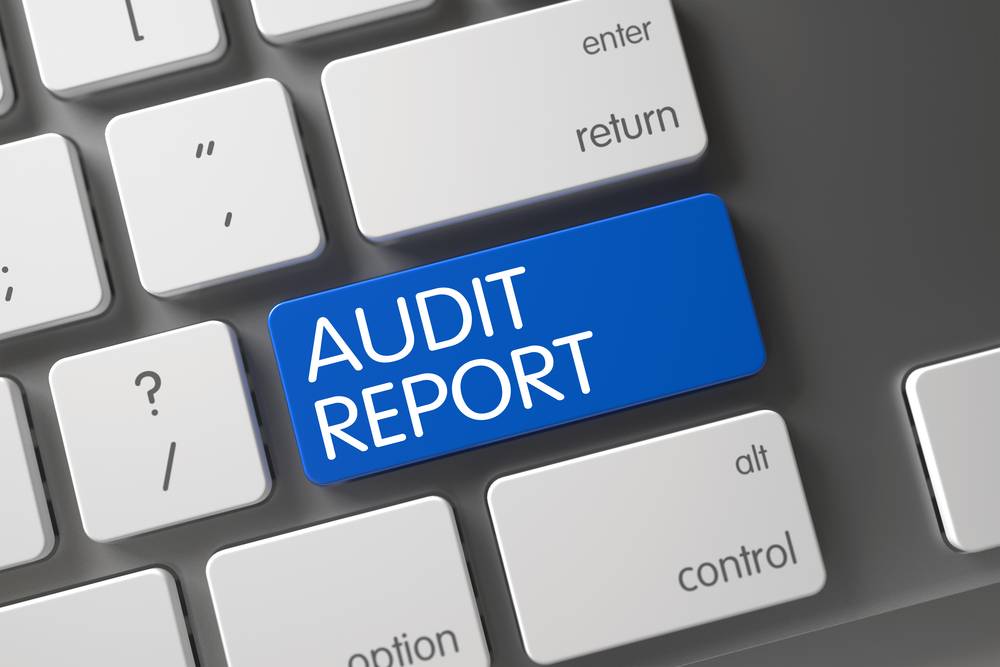Reading an Auditor’s Report: A CA’s perspective.
It may seem surprising, but many investors either fail to understand the significance of reading a company’s auditor’s report or are unsure of what crucial information they should extract from it. However, the auditor’s report plays a pivotal role in assessing the financial health and risks associated with a company, making it an invaluable tool for investors. Keeping this in mind, I had a thorough conversation with a CA (Chartered Accountant) friend of mine and asked her about the necessary elements of an auditor’s report and a retail investor like me can find in it. So, this article aims to explain why an investor should always review the auditor's report before making any investment and highlight the key aspects that should be considered during this review.
Understanding the Purpose of an Auditor’s Report
An auditor’s report serves as an independent evaluation of a company’s financial statements. The auditor’s role is to provide an unbiased and objective opinion regarding the accuracy and fairness of the financial records. This opinion is crucial because it gives investors a transparent view of the company's financial standing, independent of any internal influences. The primary reason an investor should read an auditor’s report is to for having an idea of the company’s financial health. The audit report provides an objective assessment of the financial statements, which helps investors gauge the company's ability to manage its financial resources. If no significant issues are identified, it indicates that the company's financial records are reliable. However, if any concerns are raised, they are explicitly mentioned in the report, alerting potential investors to risks that may impact their decision.
Identifying Potential Risks
The auditor's report is also instrumental in identifying potential risks related to the company's operations and future financial stability. For instance, auditors are required to highlight material weaknesses in the company’s internal controls. These are deficiencies in the company's procedures that could affect the accuracy of financial reporting or expose the company to greater financial risks in the future.A practical example of such a weakness could involve poor management of internal controls, such as a failure to properly track daily cash counts in a business. If an auditor identifies such a lapse, it could raise concerns about the possibility of financial errors or fraudulent activity. Investors must take note of these findings, as they could have serious implications for the company’s long-term performance.
Evaluating Internal Controls and Governance
Internal controls are crucial for ensuring the accuracy and transparency of financial reporting. In their report, auditors assess the effectiveness of these controls. If internal controls are found to be ineffective, it could lead to mismanagement or even fraudulent activities, which would compromise the integrity of the company's financial statements. This is a critical consideration for investors, as weak internal controls pose significant risks to the company’s financial stability.
For example, an internal control process might require that cash be counted daily to ensure it matches sales records. If the manager fails to perform this task diligently, it could result in financial discrepancies that impact the integrity of the financial statements. Such weaknesses, when identified by the auditor, should be carefully considered by investors, as they indicate areas where financial performance could be compromised.
Transparency in Accounting Practices
The auditor’s report also sheds light on the accounting practices employed by the company. These practices include the methods used to prepare financial statements, such as how inventory is valued. For instance, the company may use the FIFO (First-In, First-Out) method or the LIFO (Last-In, First-Out) method for inventory valuation. Each method affects the financial statements in different ways, particularly in terms of asset valuation, profitability, and expenses.
Auditors are responsible for ensuring transparency in these accounting practices, allowing investors to assess whether the company’s reported financial figures are reliable. Investors should be aware of how accounting choices can influence a company's financial health and should consider whether the practices used align with industry standards.
Key Aspects to Focus on in an Auditor’s Report
An investor should focus on several key areas within an auditor’s report to obtain a comprehensive understanding of the company’s financial condition and risks:
- Auditor’s Opinion: The auditor’s opinion is one of the most important sections of the report. The opinion may be:
- Unqualified Opinion: This indicates that the financial statements are presented fairly, without any reservations.
- Qualified Opinion: This suggests that there are some issues or limitations in the financial statements, though they still present a fairly accurate picture.
- Adverse Opinion: This is the most concerning opinion, indicating that the financial statements do not accurately reflect the company’s financial position.
The type of opinion provided by the auditor is a clear indicator of the reliability of the company’s financial records, making it essential for investors to evaluate this aspect carefully. Note: This is the most decisive part of the auditor’s report.
- Review of Financial Statements: The financial statements, including the balance sheet and income statement, are essential components of the audit report. These documents provide detailed information about the company’s assets, liabilities, equity, profits, losses, revenues, and expenses. Investors should carefully examine these statements to assess the company’s financial stability and performance.
- Material Weaknesses and Internal Control Deficiencies: The auditor’s report should include information about any material weaknesses or deficiencies in internal controls. If these weaknesses are noted, it signals that the company may face difficulties in maintaining accurate financial reporting or could be exposed to operational risks. If no such issues are mentioned, it suggests that the company’s internal controls are functioning properly.
- Going Concern: The going concern section is another critical aspect of the auditor’s report. It indicates whether the auditor believes the company can continue operating in the foreseeable future. If the auditor expresses doubts about the company’s ability to continue as a going concern, it is a serious warning sign for investors. Conversely, if there are no concerns, it suggests that the company is in a stable financial condition and is likely to continue operating without disruption.
I just read an auditor’s report from a financial statement but didn’t find any such detailed explanations mentioned above. Quite confusing, isn’t it? In actual, If an auditor’s opinion is Qualified or Adverse then He bothers to explain the underlying financial weaknesses, internal control issues or going concern matters. By giving an Unqualified Opinion, an auditor is actually endorsing the data presented in the financial statement as Fairly presented.
So, in conclusion we can surely say: Reading an auditor’s report before investing in a company is essential for making informed investment decisions. The auditor’s independent opinion provides investors with an unbiased assessment of the company’s financial health, internal controls, and overall stability. Key aspects such as the auditor’s opinion, financial statements, internal control weaknesses, and going concern status all provide valuable insights that can guide investors in assessing potential risks and rewards. By thoroughly reviewing these elements, investors can ensure that they are making well-informed decisions and avoid potential pitfalls when considering investments in a company.
Disclaimer: This content is for educational and informational purposes only. It should not be considered financial or investment advice. Always do your own research or consult with a licensed financial professional before making any investment decisions.





